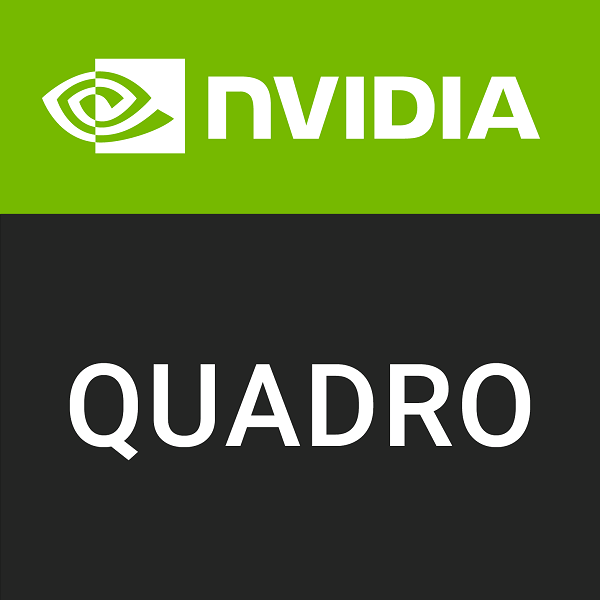NVIDIA Quadro P5000 vs NVIDIA GRID M6 8Q
We compared two Professional market GPUs: 16GB VRAM Quadro P5000 and 8GB VRAM GRID M6 8Q to see which GPU has better performance in key specifications, benchmark tests, power consumption, etc.
Main Differences
NVIDIA Quadro P5000 's Advantages
Released 1 years and 2 months late
Boost Clock1733MHz
More VRAM (16GB vs 8GB)
Larger VRAM bandwidth (288.5GB/s vs 160.4GB/s)
1024 additional rendering cores
NVIDIA GRID M6 8Q 's Advantages
Lower TDP (100W vs 180W)
Score
Benchmark
FP32 (float)
Quadro P5000
+300%
8.873 TFLOPS
GRID M6 8Q
2.218 TFLOPS
Graphics Card
Oct 2016
Release Date
Aug 2015
Quadro
Generation
GRID
Professional
Type
Professional
PCIe 3.0 x16
Bus Interface
PCIe 3.0 x16
Clock Speeds
1607 MHz
Base Clock
-
1733 MHz
Boost Clock
-
1127 MHz
Memory Clock
1253 MHz
Memory
16GB
Memory Size
8GB
GDDR5X
Memory Type
GDDR5
256bit
Memory Bus
256bit
288.5GB/s
Bandwidth
160.4GB/s
Render Config
-
-
-
20
SM Count
-
2560
Shading Units
1536
160
TMUs
96
64
ROPs
64
-
-
-
-
-
-
48 KB (per SM)
L1 Cache
48 KB (per SMM)
2 MB
L2 Cache
2 MB
-
-
-
Theoretical Performance
110.9 GPixel/s
Pixel Rate
46.21 GPixel/s
277.3 GTexel/s
Texture Rate
69.31 GTexel/s
138.6 GFLOPS
FP16 (half)
-
8.873 TFLOPS
FP32 (float)
2.218 TFLOPS
277.3 GFLOPS
FP64 (double)
69.31 GFLOPS
Board Design
180W
TDP
100W
450 W
Suggested PSU
300 W
1x DVI
4x DisplayPort 1.4a
Outputs
No outputs
1x 8-pin
Power Connectors
None
Graphics Processor
GP104
GPU Name
GM204
GP104-875-A1
GPU Variant
GM204-995-A1
Pascal
Architecture
Maxwell 2.0
TSMC
Foundry
TSMC
16 nm
Process Size
28 nm
7.2 billion
Transistors
5.2 billion
314 mm²
Die Size
398 mm²
Graphics Features
12 (12_1)
DirectX
12 (12_1)
4.6
OpenGL
4.6
3.0
OpenCL
3.0
1.3
Vulkan
1.3
6.1
CUDA
5.2
6.4
Shader Model
6.4



